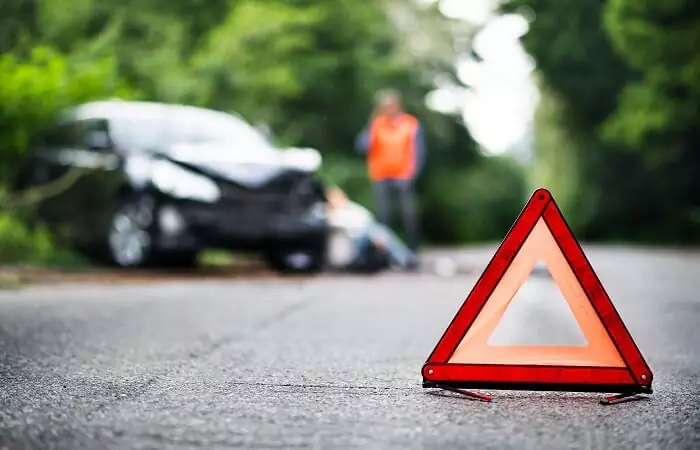For the second consecutive year this Easter will have some restrictions, which have been decreed with the aim of avoiding the increase in cases of COVID-19 and the collapse of the health system in the country, thus modifying the celebration of various activities of this epoch.
To reduce crowds and a possible third wave of infections, the Dioceses of different Colombian cities announced some of the decisions about what the Catholic celebration will be like in 2021.
Mainly the entrance to the temples will be allowed, but with restricted capacity, the participation of parishioners in activities such as processions and Stations of the Cross will not be allowed, guaranteeing at all times the fulfillment of the biosafety and social distancing protocols.
Each city has the power to activate emergency protocols to avoid a third wave of infections at all costs, with measures such as peak and ID, curfews and other actions that they consider necessary.
So if you are going to travel, check the possible restrictions before and also keep in mind:
Check the status of your vehicle
It is important that it is in optimal conditions for the road, do not forget to carry out the Techno-Mechanical Review or the pre-trip review, in authorized workshops to know the state in which the car is.
Remember to check your road kit before you go on a trip
Keep in mind that this should include a hydraulic jack, a fire extinguisher, a crosshead, two road signs in the shape of a triangle and with reflective material, a spare tire, if necessary, a flashlight, two blocks to block the vehicle and a first aid kit, which should have at least antiseptic alcohol, painkillers, a cutting element, cotton, sterile gauze, soap, elastic and adhesive bandages.
Use the safety implements incorporated in the vehicles
Make sure before starting the trip that all occupants of the vehicle are wearing a seat belt. If you travel with small children, check that the child seat is adequate in size, weight and for the age of the child; in the same way, check that it is put in the correct way.
Always comply with road regulations
Attend all the directions provided by the authorities, obey traffic signals, especially respect speed limits and avoid dangerous maneuvers.
Avoid distractions on the road
Do not use cell phones, tablets or screens that affect your concentration while behind the wheel. Plan your trip with the help of applications or GPS and schedule yourself to always travel safely.
Get plenty of rest before driving on a long road trip
Do not drive under the influence of alcoholic beverages, psychoactive substances, or medications that make you sleepy.
Take active breaks every two hours during your trip to avoid microsleep.
Park in safe places, walk and do little exercises outside the vehicle and stay well hydrated.
Papers a day.
Before embarking on the trip, check that all the documents are up to date, that you do not have the SOAT, the Mechanical Technical Review, or the expired policy.
Also, have emergency numbers on hand:
- # 324 Equity Insurance Assists
- # 767 of Invías
- 165 of the Gaula Police
- 147 of the Gaula Army
- 141 protection of girls, boys and adolescents
- 146 of the Coast Guard in Cartagena
If you are going to travel by fleet, buy the tickets in advance through the website or if you go directly to the terminal do so with enough time to avoid crowds.
If you are going to travel by plane, check in early ; At the airport, never lose sight of your bags and if you travel with children and / or the elderly, pay more attention to them, go at least two hours in advance for domestic trips and 4 hours in advance for international trips, remember that some countries have strict rules for entry and exit Due to Covid-19, check with your airline for times and essential requirements to have a safe trip.
If you are going to take maritime transport, always use the life jacket and observe that the boat / boat is in good condition, if you notice excess passengers or something strange, inform the maritime authorities.
Comply with biosecurity standards, use the mask correctly and bring a replacement mask for yourself and your family, wash your hands constantly and avoid contact with the eyes. Remember that, although the vaccination plan is already in place, the virus continues and it is in our hands to prevent a third wave of infections.
